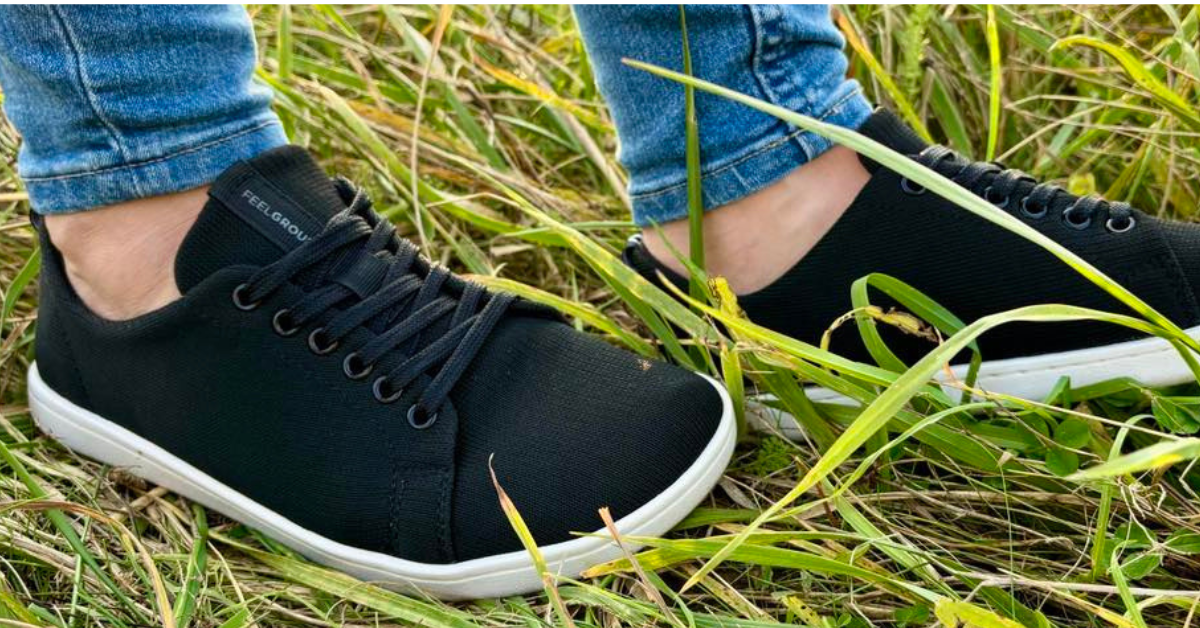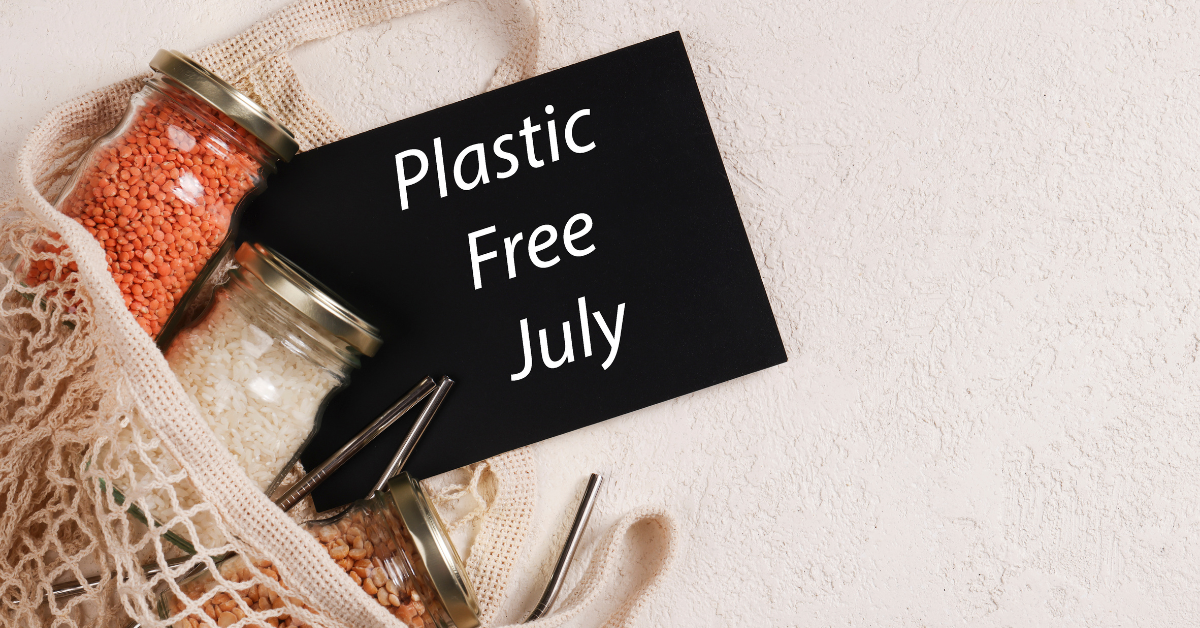
Sustainability at the Root of 21st Century Home-Design

*Collaborative Post
Certain industries tend to contribute disproportionately to our collective carbon emissions. Construction is certainly one of them. Not only do we need to worry about the emissions associated with building the house (firing bricks, making concrete, transporting everything to the site and then assembling), but we also need to think about the emissions that the building might make (or avoid making) over its lifespan.
Given that green concerns are fast rising to the top of the agenda for voters, consumers, and homebuyers in particular, anything that can be done to make construction more efficient is going to pay dividends in the long term. Efficiency matters now, more than ever before. Let’s take a look at sustainability when it comes to home design.
Energy-efficient building materials
Certain materials are inherently more sustainable and efficient than others. Fast-growing timbers like pine and bamboo might qualify, along with PIR insulating bricks. The quality of insulation matters a great deal, with new-build homes having to conform to rigorous standards.
Strategic floorplans
By planning the building sensibly, architects can achieve significant efficiency gains for minimal cost. South-facing windows might be used to introduce extra light and heat during summer. Buildings with large surface areas have more difficulty keeping cool, so cubic designs tend to be more energy efficient. The use of landscaping, and deciduous trees, in particular, can help to provide shade during the summer without impacting light availability during winter.
Timber frames
Timber frames are a popular alternative to traditional bricks and blocks. They tend to be less wasteful, and they provide space for more insulation material. What’s more, as we’ve mentioned, timber tends to be more environmentally friendly – provided that you source the right timber. Since trees can be replanted indefinitely, they’re theoretically the ultimate green material. But this is only so if the trees are harvested responsibly, and replanted in the right way.
Lighting and natural light
If you aren’t able to get natural light into the home at a certain time of day or year, then you’ll be reliant on the artificial kind. Fortunately, we now have access to incredibly efficient LED lighting, and it comes in a range of forms – from gorgeous downlights to under-counter strip lighting.
Water usage
A green building isn’t just designed to keep heat in. It should also be used to make the best possible use of the available water. According to the National Infrastructure Commission, a house in the UK should be using around 118 litres of water per person per day. Water-efficient showerheads, dual-flush toilets, and aerating taps can all make a difference. In some instances, architects might design a home around rainwater and greywater harvesting – since these are much easier to install at the time of construction than they are to bring in later.
The Bottom Line
Sustainability in new-home design is vital for a greener future. Efficient energy use, renewable materials, and innovative technologies minimize environmental impact. Reduced resource consumption and lower utility costs benefit both homeowners and the planet. Thoughtful design today ensures a harmonious and resilient world for generations to come.
*This is a collaborative post. For further information please refer to my disclosure page.




